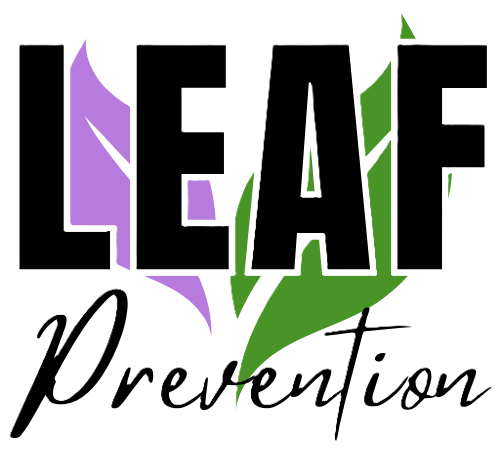Let’s be real—cannabis is everywhere these days. Since it became legalized in New York for recreational use, the product selection has exploded. But just because something’s popular doesn’t mean it’s harmless or right for you.
If you're a teen trying to figure out the facts, read on. This post isn’t here to lecture or scare you. Consider the effects weed can have on you, and consider that staying away from cannabis could set you up for bigger wins in life.


